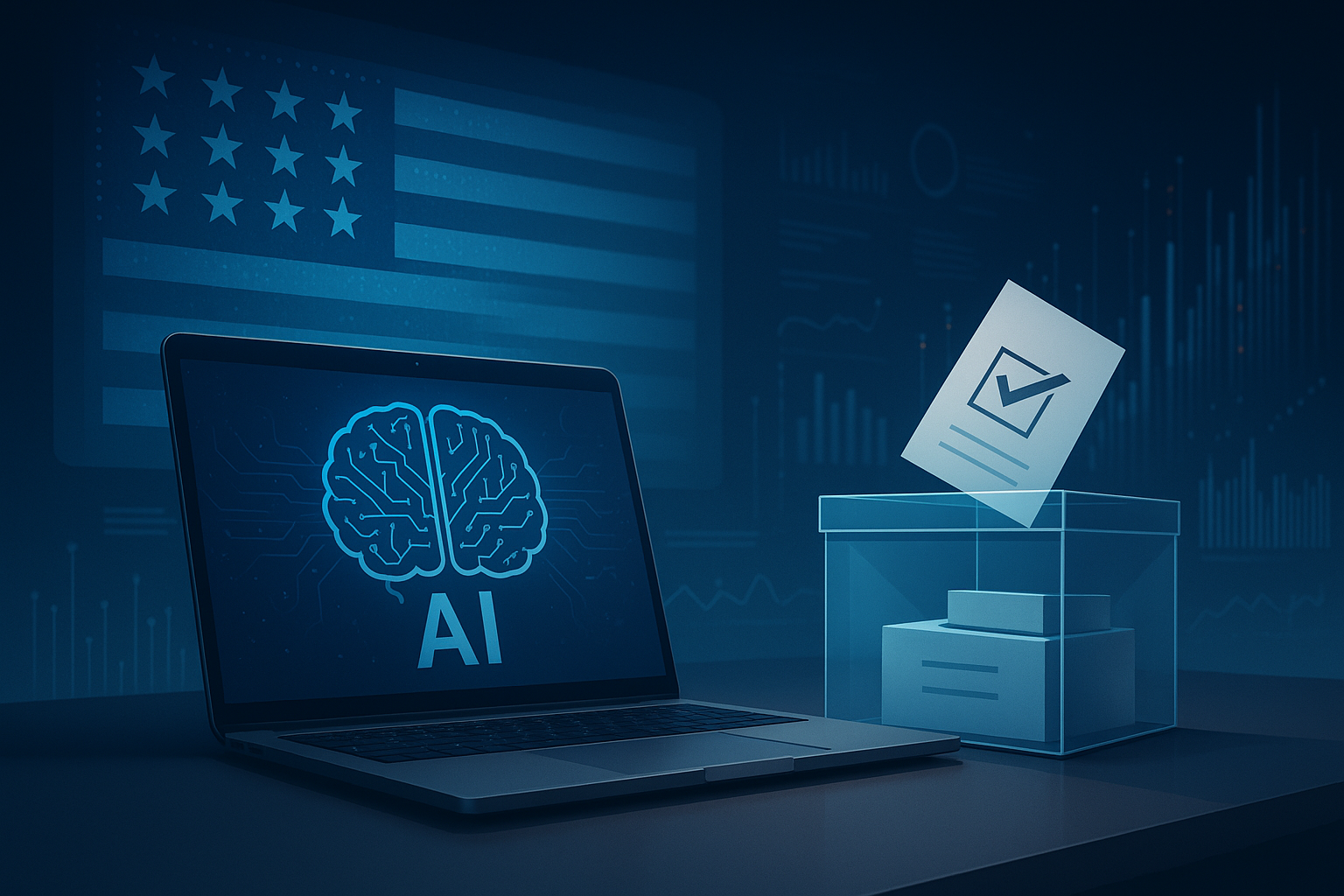Introduction – When the technology goes in the urns
Artificial intelligence is creeping into every sphere of public life — and the democracy no exception. The idea of making the elections more efficient, secure and transparent thanks to the algorithms, it is fascinating. But behind this promise to you, hide the risks of deep questioning the integrity of the democratic process.
Automation of the vote: a promise of efficiency
The AI can be used to:
- Monitor votes and detect anomalies
- Verify digital signatures
- To optimize the logistics of the vote
Some countries are experimenting with electoral systems-based digital blockchain and AIable to count votes with greater speed and precision.
In theory, all this should to strengthen the trust of the public. But is it really so?
Profiling in policy and micro-targeting: the hidden power
The true potential of AI is manifested ability to analyze and influence the electoral behavior.
By analyzing data from social media, online research, and digital interactions, the algorithms can:
- Profile in an extremely precise way, the political preferences
- Customize messages election for each individual (micro-targeting)
- To increase participation, but also polarize the public debate
👉 We talked about also: Fake News and AI: A War of Information
Rooms at the eco and misinformation automated
The algorithms of the recommendation of the social media platforms amplify the content that confirm the opinion already expressed, creating rooms at the eco digital.
The result?
- Greater polarization
- Decrease of pluralism only
- Difficulties in distinguishing between content trusted by content manipulative
The opacity of the algorithms election
One of the biggest risks is theopacityif the systems that collect and analyze electoral data are closed and not verifiable, it is impossible to ensure democratic accountability.
Without independent auditthe IA applied to vote may:
- Generate errors that are invisible
- Mask manipulations
- Reduce citizens ' trust in institutions
A warning from the international search
According to an analysis of the The Brookings Institutionthe use is not regulated in the artificial intelligence in the political processes that can undermine the trust of citizens, compromising the transparency in decision-making and influence democratic legitimacy.
The study emphasises that public governance of AI — transparent, accessible and accountable — is essential to ensure that the technologies do indeed the collective interest, and not only that of large private actors.
Many experts refer to the need to:
- Regulations, clear and transparent
- Public supervision independent
- Algorithms auditabili and explicable
Without these conditions, the delegation of the democratic decision-making to algorithms may replace discussion with the opacity.
Technology and values: a coexistence required
This is not to reject the technology. But democracy cannot be reduced to a procedural efficiency. Requires:
- Inclusion
- Pluralism
- Control and supervision of the public
- Free agency is aware
If you rely on algorithms, the selection of information, priorities, and even of political emotions, we run the risk of emptying the democracy of its foundations.
Conclusion – The vote must remain human
The future of democracy is not built only with data and code. It builds with transparency, oversight, and human values.
Artificial intelligence can be an amazing tool. But he must remain under the control of the civil society, and in the service of the right to choose, understand, decide.
📚 Do you want to learn Artificial Intelligence?
Discover our fundamental articles, ideal for starting or orient themselves in the world of AI:
- What is Artificial Intelligence (and what isn't, really)
- Ethics of Artificial Intelligence: why it concerns us all
- 5 Tools of Artificial Intelligence that you can use immediately
📬 Get the best every Friday
Visit the page Subscribe to our newsletter and choose the version you prefer (English or Italian).
